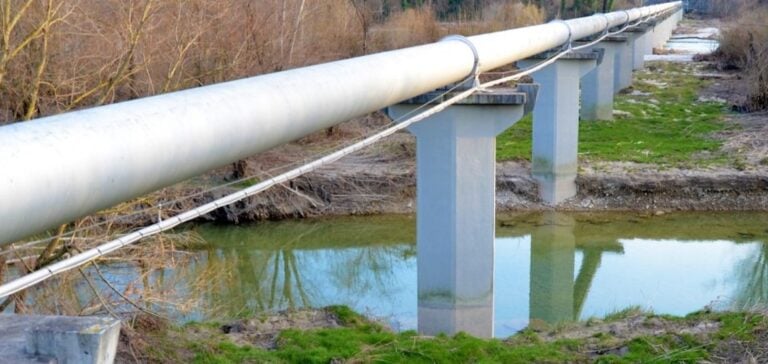The Czech government recently announced a major step in its energy policy: the end of its dependence on Russian oil. This transition stems from the extension of the TAL (Transalpine Pipeline), linking Italy to Germany, which is now capable of meeting the country’s energy needs.
The project, funded by the public company Mero at a cost of 1.5 billion Czech crowns (approximately 60 million euros), was completed several months ahead of schedule. This pipeline, built in 1967 and owned by a Western consortium, serves as a strategic alternative to the Druzhba pipeline, which has historically dominated the Czech Republic’s energy supply.
Impact on the Energy Market
In 2023, the Czech Republic imported 58% of its oil from Russia via the Druzhba pipeline. Although these imports continue under an exemption to European sanctions, the country has now established independent capacity to meet its needs. This strategic shift reflects a regional trend aimed at reducing energy reliance on Russia.
The TAL extension also signifies a realignment of oil flows in Central Europe, bolstering Western infrastructure in the face of geopolitical tensions heightened by the war in Ukraine.
A Key Political Decision
Czech Prime Minister Petr Fiala presented this project as a safeguard against any potential Russian coercion. “Russia can no longer blackmail us,” he stated. The announcement comes at a time when the Czech Republic and Slovakia, though historically close, are pursuing divergent energy paths.
Since taking office in 2023, Slovak Prime Minister Robert Fico has strengthened ties with the Kremlin, contrasting with the Czech Republic’s approach of solid Western alliances. This divergence highlights the energy and diplomatic fractures within the region.
Consequences for the Energy Sector
The TAL extension is part of a broader strategy to secure energy supplies across Europe. For industrial stakeholders and policymakers, this investment is seen as a model for diversification in a sector where flows remain closely tied to geopolitical dynamics.
By enhancing its logistical capacity and partially severing its reliance on Russian infrastructure, the Czech Republic sends a strong signal to its European partners. However, the temporary continuation of imports via Druzhba, despite being exempt from sanctions, underscores the complexity of rapid energy transitions in a globalized economy.






















